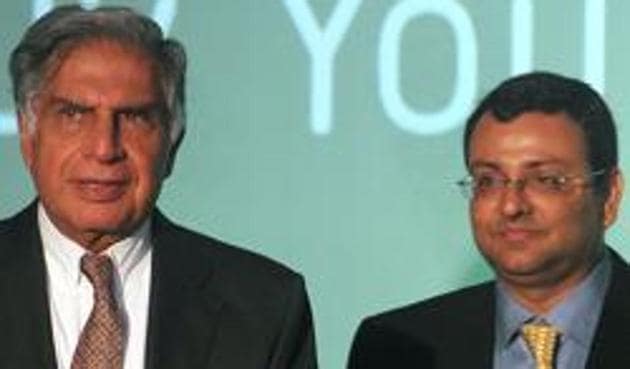Lessons from Tata-Mistry battle: Shareholders want strong independent directors
An analysis of the voting pattern in the recent extraordinary general meetings (EGM) of various Tata group companies shows that shareholders demand a strong reason for any resolution to be tabled and are very firm about the importance of independent directors.
The boardroom drama that unfolded between the Tata Group and Cyrus Mistry has thrown up interesting facts about shareholder-behaviour. An analysis of the voting pattern in the recent extraordinary general meetings (EGM) of various Tata group companies shows that shareholders demand a strong reason for any resolution to be tabled and are very firm about the importance of independent directors.

According to Institutional Investors Advisory Services, or IIAS, a proxy advisory firm that guides shareholders of companies on how to vote, the EGMs of Tata companies, convened to vote out ousted chairman Cyrus Mistry and independent director Nusli Wadia, throws up interesting conclusions.
A high number of shareholders did not vote on the core resolution of ousting Mistry and Wadia. Number crunching done by IIAS shows that only 50.2% of the non-promoter shareholder voted at the TCS EGM called to decide on the removal of Mistry as director; in Tata Steel only 49.4% of this group voted on the resolution to remove Wadia as director, while in the EGMs of Tata Motors and Tata Chemicals, 55.6% and 40.1% voted on the removal of Wadia.
This implies that almost a half of the non-promoter shareholders abstained from voting. “This could well mean that neither side – Tata Sons, nor the director being removed – could provide a compelling argument to investors. While abstaining, results in a tacit support to the controlling shareholders – the voting power of the shares increases – it also signals investors’ unease with the resolution,” said IIAS.
This contrasts with the national trend which shows that on an average, NIFTY 50 companies have seen about 63% of non-promoter votes being cast in 2016.
The Tata group had convened EGMs of four of its listed companies – TCS (on Dec 13), Tata Steel (on Dec 21), Tata Motors (Dec 22) and Tata Chemicals (Dec 23).
Shareholders have also been vociferous in their endorsement of the importance of independent directors. IIAS says that even as investors questioned who exactly an independent director serves, they were not willing to see one removed: the resolution to remove Nusli Wadia had investors rooting for him. “If the promoter’s votes are excluded, in two of the three companies, the investors voted for Nusli Wadia to continue. This should embolden independent directors: the Nusli Wadia voting pattern shows that removal of independent directors by the principal shareholder is contentious. Investors value their existence on the board and them holding their voice will have long-term consequences for Indian boards and governance of companies,” IIAS added.





